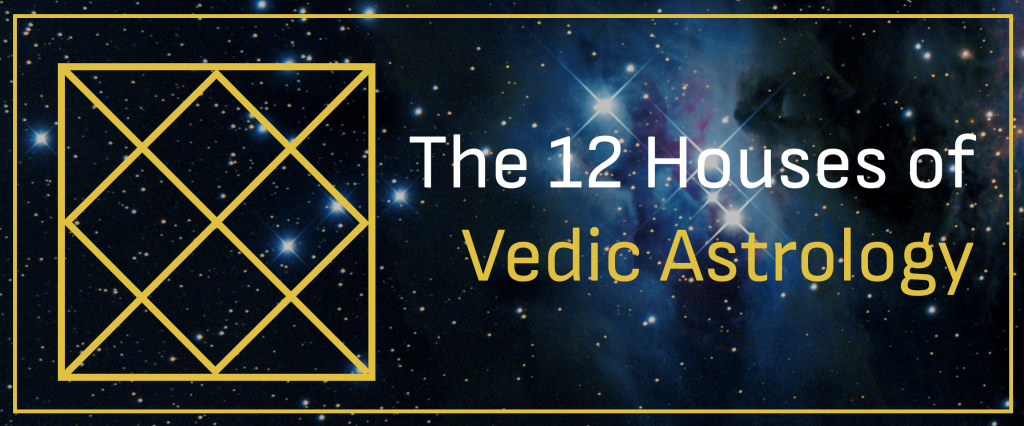*All horoscope predictions are based on your moonsign and Consultation services predictions are based on your birthchart.
A

The first house in Vedic Astrology is known as the Lagna or Ascendant. It represents the self, physical body, personality, appearance, and overall health of an individual. It is the most important house as it determines the placement and influence of all the other planets in the birth chart. The rest of the 11 houses become relevant only after considering the placement of planets in the first house. The Lagna is the starting point of any astrological analysis and is crucial to determining the direction and nature of a person’s life. The influence of the first house sets the tone for the interpretation of the other eleven houses in a person’s birth chart. A strong first house contributes to a well-defined personality, good health, and a clear sense of identity, which can have a positive impact on all areas of life examined through the other houses.
Category:


